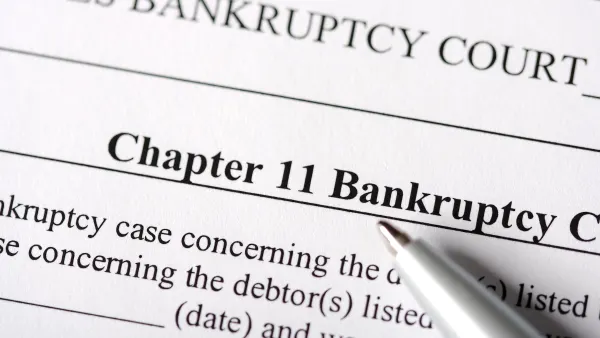Dive Brief:
- A new ordinance for Kansas City, Missouri, introduced by Mayor Quinton Lucas in late November, would prohibit property owners from discriminating against potential tenants based on their source of income, including the use of housing vouchers.
- The aim of this update to the city’s code is to increase the number of properties that will accept renters regardless of their source of income, reduce homelessness and eliminate situations in which Section 8 housing voucher holders cannot find any housing that will accept their vouchers, according to the ordinance text.
- Lucas and five of Kansas City’s city council members co-sponsored the ordinance, which has not yet been enacted. It is currently in the control of the council’s Special Committee for Legal Review.
Dive Insight:
The Kansas City ordinance bans discrimination for a wide range of cash income sources in addition to housing vouchers. They include Supplemental Security Income, Social Security Disability Insurance, child support, tipped wages and rental assistance as a broad category of aid.
Prospective tenants who believe they are being discriminated against by a property owner can file a complaint with the city’s Civil Rights Enforcement Office. Anyone found to be in violation of discrimination based on source of income is subject to a fine of up to $1,000.
Providers found in violation more than once may have their rental permits placed on probation. While on probation, property owners cannot evict tenants who could not renew their leases due to discrimination.
This move follows the adoption of a Renters’ Bill of Rights in Kansas City in 2019. More than 120 other jurisdictions have passed similar bans on source of income discrimination, according to NPR in Kansas City. St. Louis, Webster Groves and Clayton are other Missouri cities with source-of-income protection laws.
At the federal level, the White House has taken a series of actions aimed at increasing renter protections. These include gathering information about tenant screening practices and rent increases, publishing of a blueprint for a Renters’ Bill of Rights and proposing a grace period before eviction for nonpayment of rent for public housing residents.
The Federal Trade Commission has also drafted a ban on “junk fees,” defined as fees that are not disclosed to a buyer or renter before a purchase or lease is initiated.










